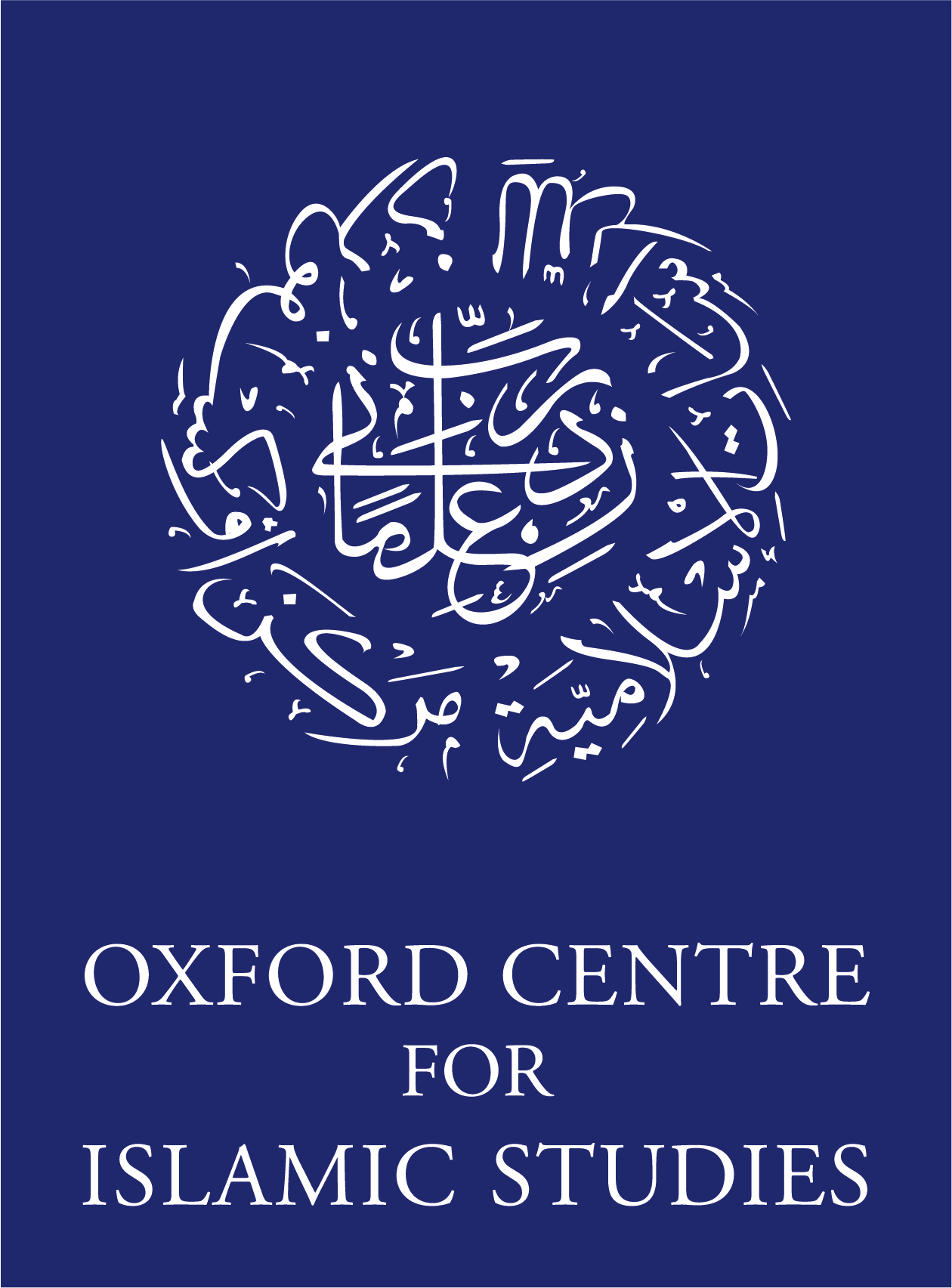Using Field Experiments to Learn about Religious Behavior
The use of field experiments in the social sciences has greatly increased over the past twenty years. These methodological advances can also be used to improve our understanding of religious life. This talk will describe some ways that randomized experiments can help answer important questions regarding religious preferences and every-day decisions. It will also provide an example from an experiment implemented in Jordan that tested whether a dearth of Islamically permissible lending options contributed to low levels of financial inclusion. The study also explores the ability of different types of religious institutions to impart authoritative approval to new financial products.
Adam Osman is an Assistant Professor of Economics at the University of Illinois in Urbana Champaign. He is also the co-Scientific Director of J-PAL MENA's regional office based at the American University in Cairo. He is a development economist whose work utilizes randomized experiments and economic theory to improve our understanding of which policies work best in improving the lives of the poor. His research covers topics including Islamic finance, private sector development, youth employment, international trade and transport frictions. He has run experiments in Egypt, Jordan, the Philippines, Nigeria and Georgia. He earned his Ph.D. in Economics from Yale University in 2014.
To join the seminar please register.
